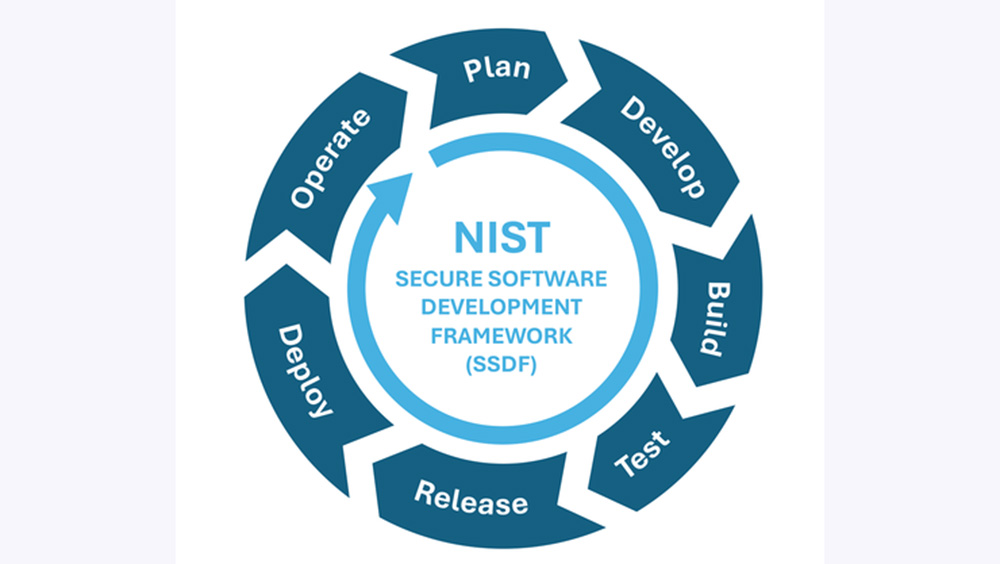NIST
To support the creation of software that is secure against cyber-breaches and free of malicious code, the U.S. Department of Commerce’s National Institute of Standards and Technology (NIST) is working with industry partners through a consortium focused on improving software security.
|
ADVERTISEMENT |
The Software Supply Chain and DevOps Security Practices Consortium is part of NIST’s response to White House Executive Order (EO) 14306, Sustaining Select Efforts to Strengthen the Nation’s Cybersecurity and Amending Executive Order 13694 (Rebranding United States Foreign Assistance to Advance American Influence) and Executive Order 14144 (Strengthening and Promoting Innovation in the Nation’s Cybersecurity.)
…

Add new comment